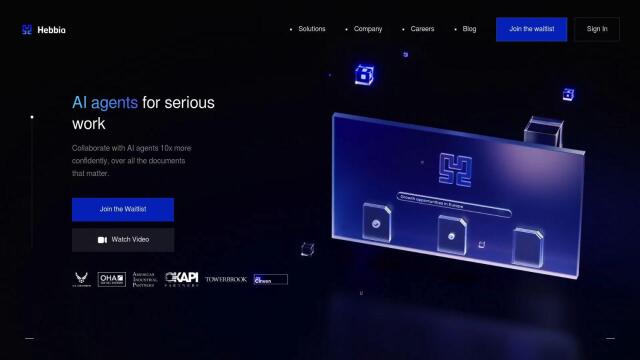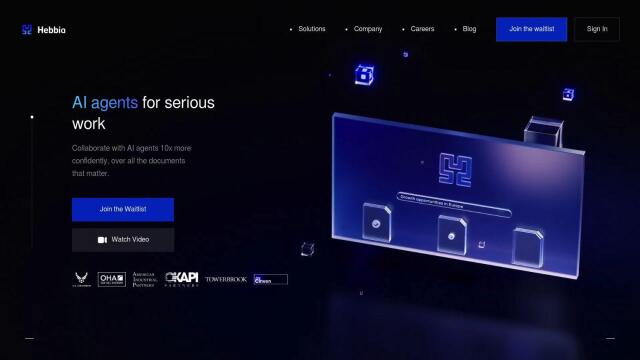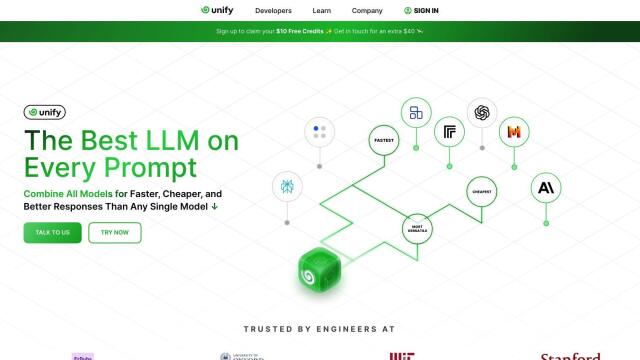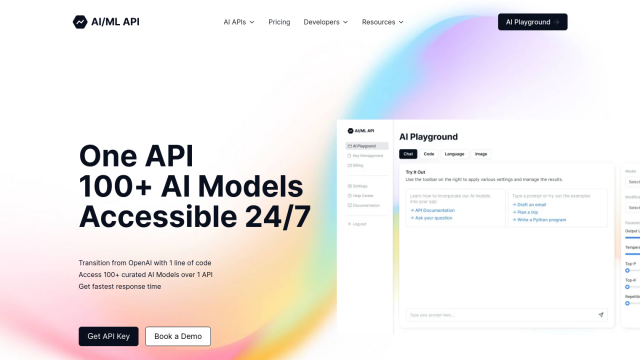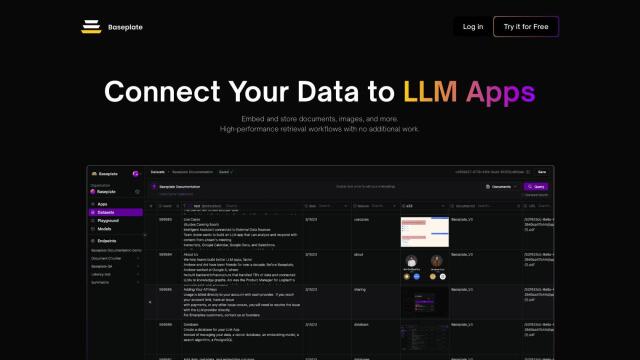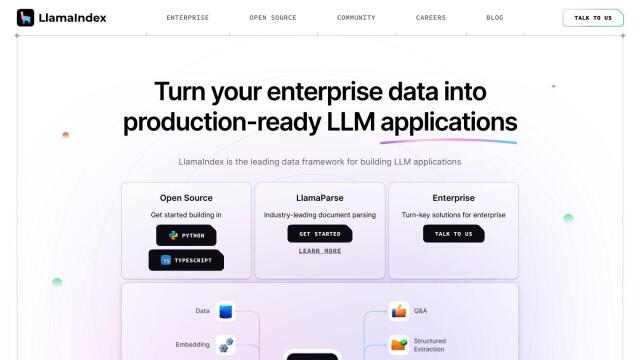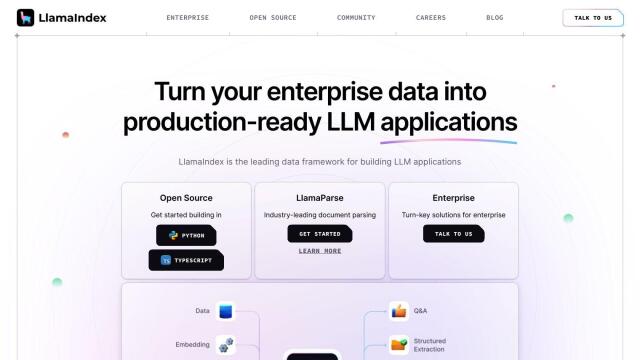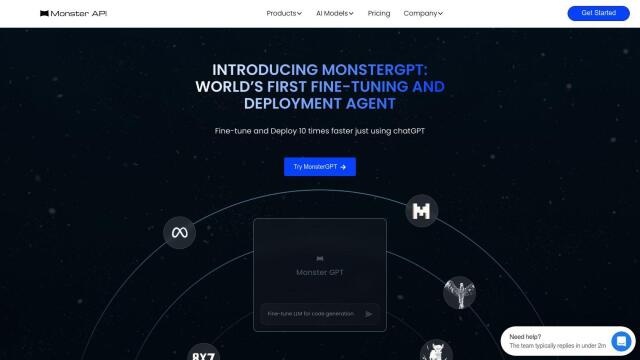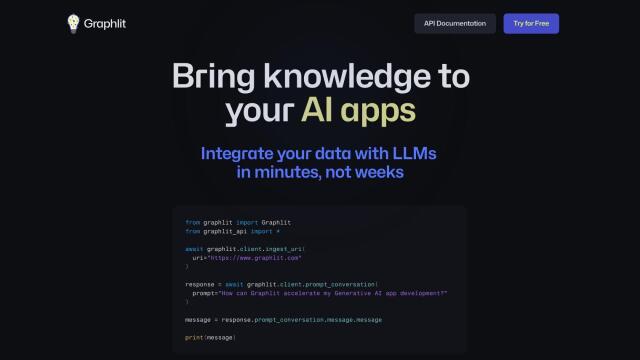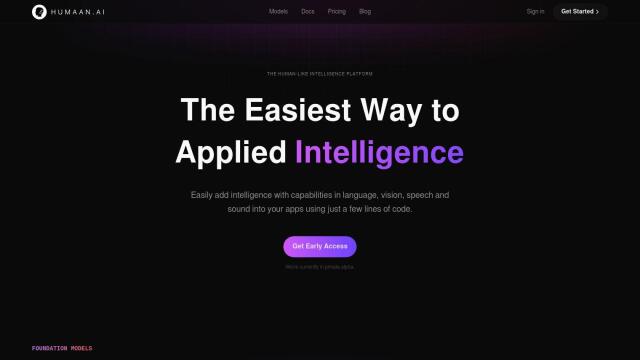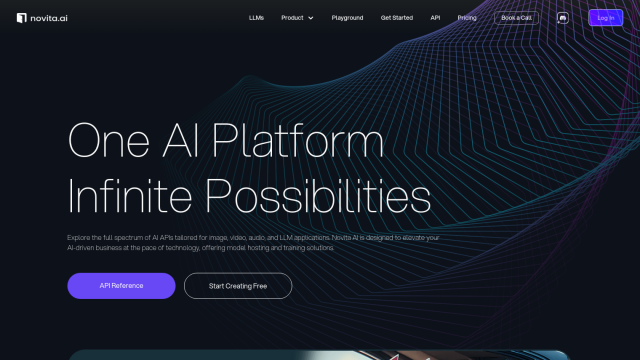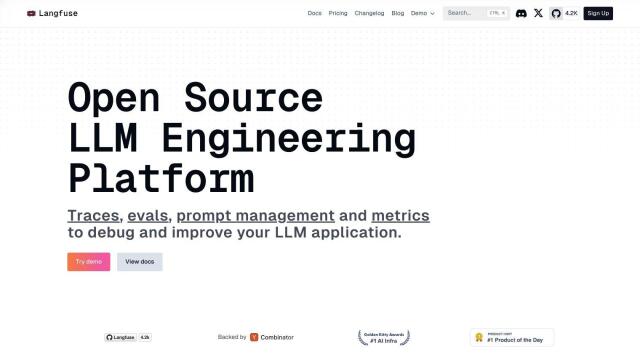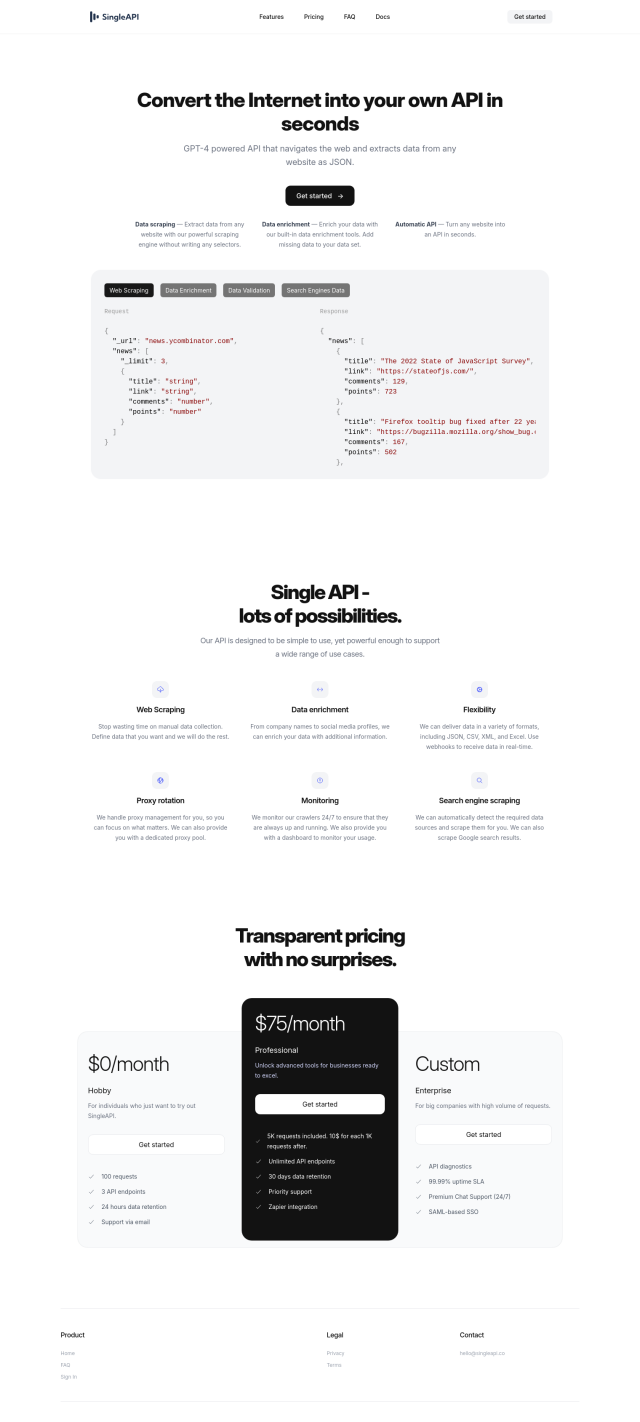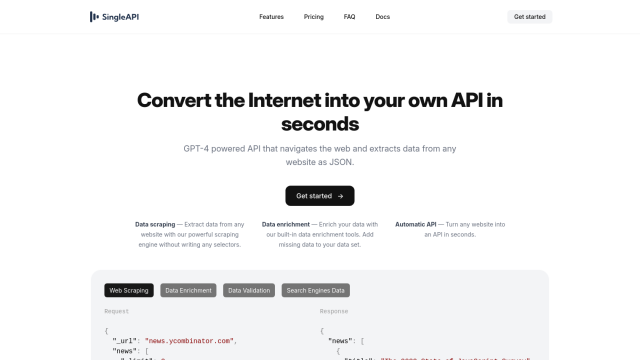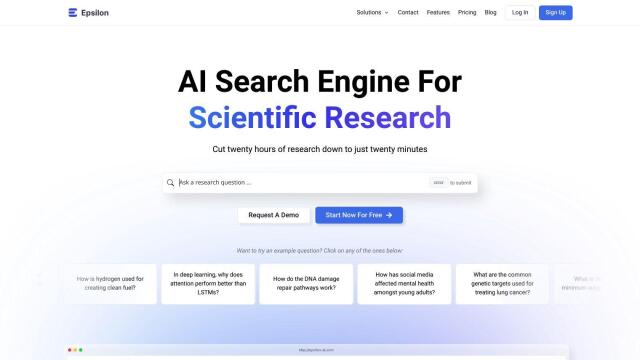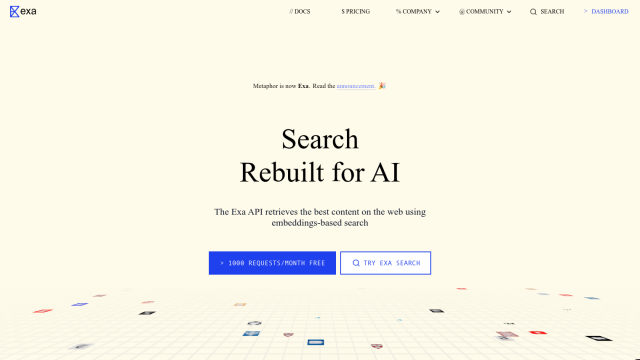Question: How can I get comprehensive research results from a single API call for my language model?
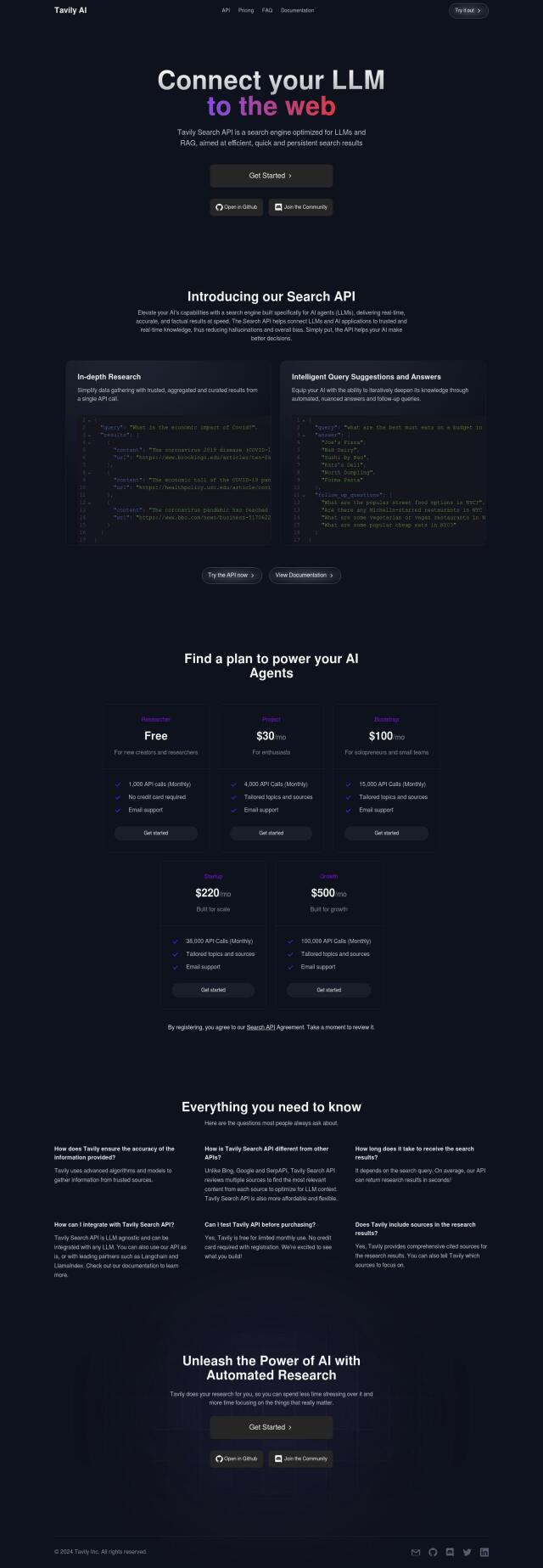
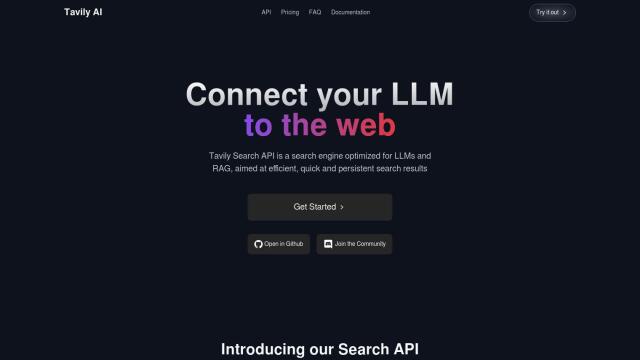
Tavily
If you're looking for a single API call to get a broad set of research results for your language model, Tavily is a good option. This search engine API indexes and vets trusted sources for up-to-date factual information. It's designed to cut down on AI bias and hallucinations, so it's good for AI chatbots and other agents. Tavily has a range of pricing tiers, including ResearcherFree and Growth, for projects of different scale, and you can request custom topics and sources, too. It also offers email support.


Elicit
Another option is Elicit, an AI research assistant designed to help you quickly locate, summarize and extract information from more than 125 million research papers. It's geared for empirical subjects like biomedicine and machine learning, but you can use it for other subjects, too. It can be used for tasks like accelerating literature reviews and performing systematic reviews. Elicit comes in different incarnations, including a free Basic tier and a subscription-based Plus tier, so it's good for researchers at different levels.

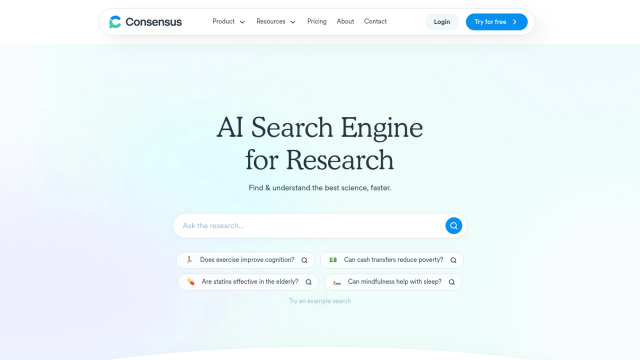
Consensus
For a broad academic search, Consensus is a good option. It indexes more than 200 million papers across all subjects and offers AI analysis through Copilot and Consensus Meter. It's good for students, researchers and clinicians who want to accelerate literature reviews and get a quick reality check on research. Consensus has a few pricing tiers, including a free option, so it's good for a broad audience.
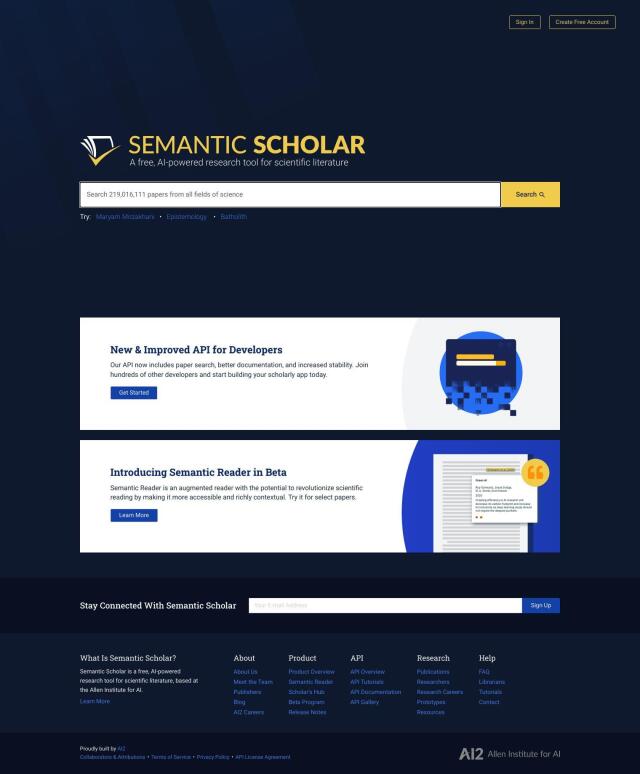
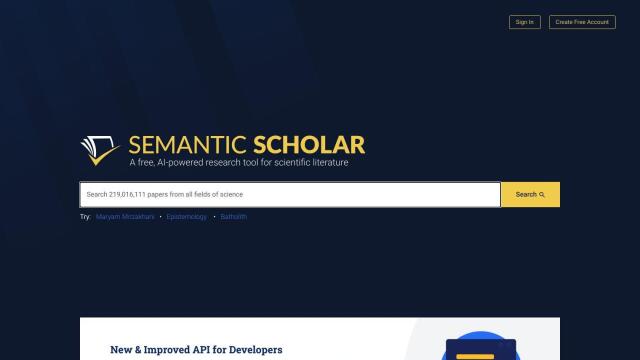
Semantic Scholar
If you want to find and read relevant scientific papers, Semantic Scholar is a free AI-powered research service with a powerful search engine with filters and brief summaries (TLDRs). It's geared for researchers and developers, with tools to cite papers, organize papers into folders and set up AI-powered research feeds. With no subscription fees, it's a good way to tap into a vast library of scientific papers.
